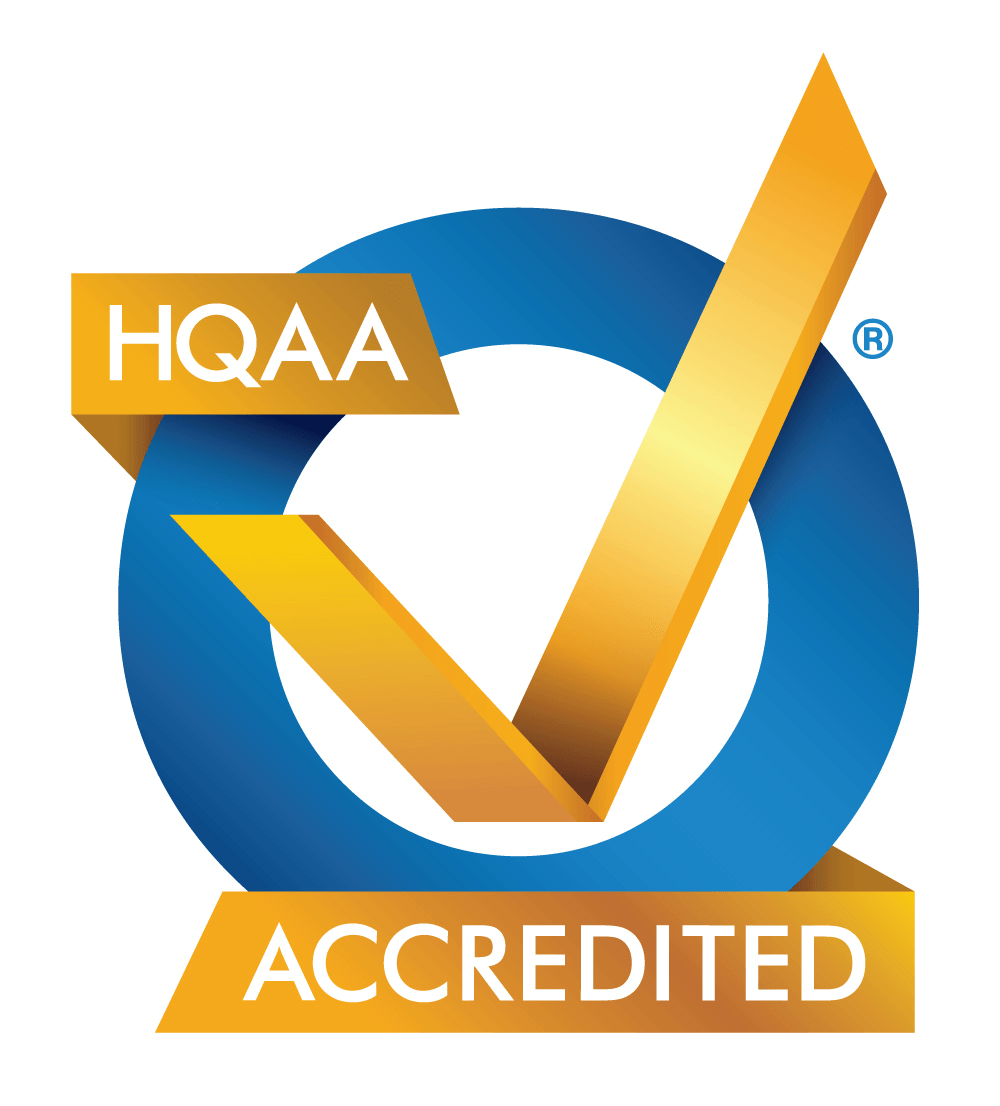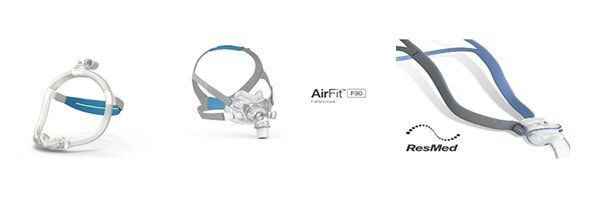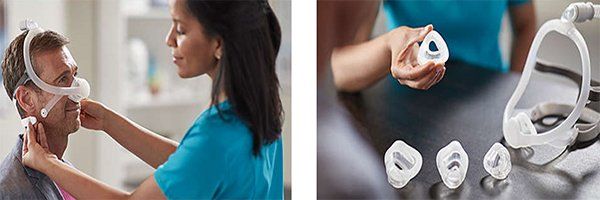Adequate Sleep Therapy Devices
If you suffer from sleeping disorders, don’t risk a sleepless night by not having the proper equipment at your side.
The locally owned and operated ACS Medical LLC has the supplies you need to ensure you a good night’s rest.
Call us and speak with our friendly staff for more information or visit any of our locations today.
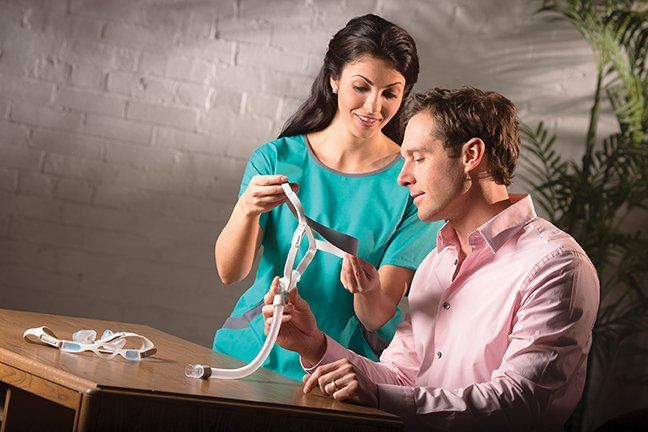
Your Go-to for Medical Equipment
- BiPAP
- CPAP
- Non-Invasive ventilation
- Mask
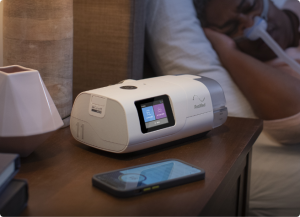
What Is Sleep Apnea?
Sleep apnea is a disorder that causes your body to stop breathing while you sleep. With both, harmful short and long-term complications, it's a potentially fatal condition. It affects more than 1 in 3 men and 1 in 6 women.
What Causes Sleep Apnea?
There are three types of sleep apnea:
Obstructive sleep apnea (OSA) -
More than 80% of sleep apnea patience have obstructive sleep apnea. It occurs when enlarged or relaxed throat muscles obstruct your upper airway, blocking air from entering and leaving your lungs.
Central sleep apnea (CSA) - It is named central sleep apnea because of its relation to the central nervous. It occurs when the brain stops signaling for the body to breathe until it detects a lack of oxygen and / or a heightened level of carbon dioxide that needs to be exhaled.
Complex sleep apnea (CompSA) - It is a combination of OSA and CSA. Your brain will eventually sense that you've stopped breathing which will cause you to wake up just enough to gasp and start breathing again. You will fall back to sleep and the cycle will begin again. It can happen 120 times every hour, and sometimes you won't even remember waking up.
Apneas put immense short- and long-term strains on the body.
Short-Term Effects of Sleep Apnea
Apneas cause the immediate life-threatening danger of not inhaling enough oxygen or exhaling enough poisonous carbon dioxide. Body’s constant waking due to these apneas can also cause sleep deprivation. This can lower people's energy and attentiveness the next day. It also negatively affects their mood and relationships with others. Risk of memory loss, cognitive impairment and injury are some more affects of sleep apnea.
Long-Term Effects of Sleep Apnea
Untreated sleep apnea can increase the risk of chronic and life-threatening conditions such as hypertension, heart failure, and poor glucose control in patients with type 2 diabetes. Recognizing the signs and symptoms of sleep apnea and asking your doctor to get screened or tested is the first step toward treating sleep apnea and living healthier.
Almost, 80% of people with sleep apnea are unaware of it as they can never witness their own nighttime symptoms.
Common Sleep Apnea Symptoms
Snoring is the strongest predictor of sleep apnea in men and women. It's not necessary that everyone who snores has it and not everyone who has it snores.
Common sleep symptoms:
- Constant tiredness
- Poor concentration
- Night sweats
- Weight gain
- Lack of energy
- Forgetfulness
- Sexual dysfunction
- Frequent urination at night
In addition, women often show subtler, atypical symptoms such as insomnia, morning headaches, depression, and anxiety. These symptoms often lead to misdiagnoses such as depression, insomnia or menopausal side effects. If you have these symptoms, be sure to ask your doctor about whether you might have sleep apnea.
Treatment of Sleep Apnea
What are the benefits of treating sleep apnea? Apnea when left untreated can negatively affect your energy levels, productivity and mental well-being. It might also have long-term effects on your heart, metabolism and overall health. It can affect anyone- fit or overweight, old or young, male or female. It can even affect children.
Sleep Apnea Treatment Options
There are four common sleep apnea treatment options:
- Positive airway pressure therapy (non-invasive) -
- CPAP (continuous positive airway pressure) delivers constant airflow to people while they sleep. CPAP is often referred to as “the gold standard” treatment option and is the most commonly prescribed.
- APAP (automatic positive airway pressure) automatically varies its air pressure throughout the night in response to a person’s needs, making treatment more comfortable.
- Bilevel therapy is used when someone needs a higher pressure for effective treatment.
- Oral appliance therapy (non-invasive) - A mandibular repositioning device (MRD) is a custom-fitted mouthpiece that holds your jaw in a forward position while you sleep to expand the space behind your tongue. This helps keep your upper airway open, preventing apneas and snoring. They’re proven effective for people with mild and moderate obstructive sleep apnea, but might also be prescribed to patients with severe OSA who cannot tolerate CPAP
- Surgery (invasive) - There are several surgical procedures that can improve the exact area of obstruction in patients’ upper respiratory tracts. “Often it takes a combination of procedures to achieve success,” according to the American Sleep Apnea Association. And as with all invasive surgical procedures, there is the risk of negative side effects.
- Weight loss in some patients with milder forms of sleep apnea, losing weight can help reduce apneas and alleviate their symptoms.
Consult your doctor before choosing a sleep apnea treatment option. The severity of your sleep apnea, your physical condition and medical history will determine the best plan for you.
Treatment Devices
- Respironics
- Dream Station Auto CPAP (for the treatment of OSA)
- Dream Station Auto BiPAP and ST (for the treatment of OSA and CSA)
- Dream Station Adapt SV (for the treatment of CSA)
- ResMed
- Air Sense auto cpap (for the treatment of OSA)
- Air Curve auto bilevel and ST (for the treatment of OSA and CSA)
- Air Curve ASV (for the treatment of CSA)
We offer state-of-the-art mask systems to go with your positive air way pressure. Interfaces are typically broken down into three categories. Full face mask covering nose and mouth, nasal masks covering the nose only and nasal pillow system. Nasal pillows protrude slightly into the nostrils and seal from the individual nostrils as opposed to skin around your nose and mouth.
There is no one system that works best. It is an individual, patient by patient determination to identify the mask system. What works best for you may not work well for someone else.
ResMed’s new offerings of N30i nasal mask, F30 full face mask are available in our office. There are several other nasal mask and full face masks offered by ResMed.
Respironics new dream mask offerings include the Dream full face, dreamwear nasal mask, and dream pillow system. We also carry the recently released Dream Wisp nasal mask.
Travel CPAP Devices
While CPAP and BiPAP devices have become smaller over the years they can still be burdensome if you are a frequent traveler. ACS Medical offers both the DreamStation Go and the ResMed Air mini to help make the journey easier. These items are sold on a private pay basis, please call for pricing information.
Call: 515-421-4933

